UK expels 23 Russian diplomats over alleged nerve agent attack
The UK plans to expel 23 Russian diplomats after an alleged nerve agent attack on a Russian former double spy in southern England, the biggest single expulsion in over 30 years.
British Prime Minister Theresa May told the House of Commons in Parliament on Wednesday that Russia has expressed "disdain" for Britain's wish for an explanation into the attempted murder of former double agent and his daughter.
May announced a range of economic and diplomatic measures, including a decision to cancel all high-level bilateral contacts with Moscow. She also said no ministers or members of the royal family will attend the football World Cup in Russia.
The UK premier said that the Russian diplomats have a week to leave Britain.
“We will freeze Russian state assets wherever we have the evidence that they may be used to threaten the life or property of UK nationals or residents,” May said.
Former double agent Sergei Skripal, 66, and his 33-year-old daughter, Yulia, have been hospitalized since they were found unconscious on a bench outside a shopping center in the city of Salisbury on Sunday.
Both Skripal and his daughter remain unconscious in a critical but stable condition.
British police attributed the critical illness of the two to a nerve agent that British media claim only governments could have possessed.
British media and politicians previously speculated that Russia might be behind the incident. Moscow has strongly denied the allegations and expressed its readiness to help with the investigation.
Kremlin spokesman Dmitry Peskov has repeatedly denied any involvement in the poisoning of the double spy in Britain. Peskov said the fact that the attack took place in England proves Russia had no role in the incident.
"The Russian citizen you mention... worked for one of Britain's special services, the incident took place on British territory, and it is in no way an issue for Russia, let alone for the Russian leadership," Peskov told journalists on Monday.
May said the expulsion of the 23 diplomats, identified as undeclared intelligence officers, was the biggest single expulsion for over 30 years and would degrade Russian intelligence capabilities in Britain for years to come.
Russian foreign Minister Sergey Lavrov said that Britain was “acting out political drama” rather than investigating the matter seriously.
“Russia could not have had any motives” for the attack, he said, “but those who would like to continue a Russophobic campaign in absolutely all areas of human activities” could have had such motives.
UK media reports have likened the alleged poisoning to the assassination of Alexander Litvinenko, another Russian agent who was killed in Britain in 2006 with radioactive material that was purportedly put in his cup of tea by Russian agents.
'New chapter in cooperation': Iran, Venezuela sing new MoUs
Jordan sentences former lawmaker for supporting Palestinian resistance
Basij volunteer forces hold massive drills in southwestern Iran
Israeli war criminals 'not welcome', US city says after ICC ruling
US vetoing of Gaza ceasefire resolution ‘disgraceful’: Iran’s UN envoy
VIDEO | IAEA adopts anti-Iran resolution tabled by E3
VIDEO | Iran's president urges Pope to help end Israel's onslaught in Gaza
Iran's senior legal official: ICC arrest warrant for Netanyahu ‘great victory'





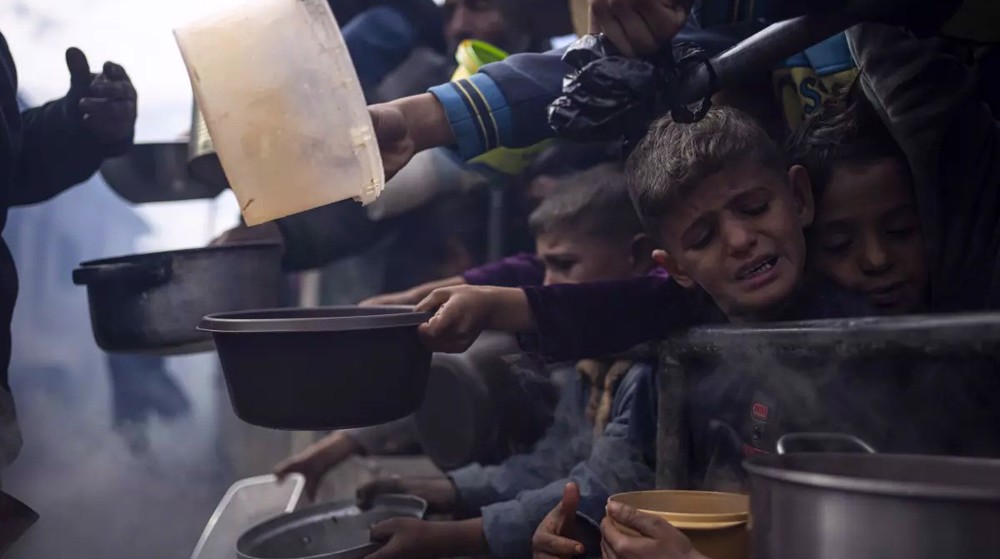



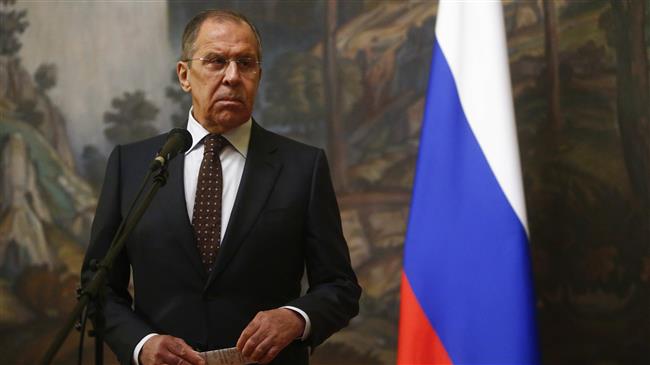
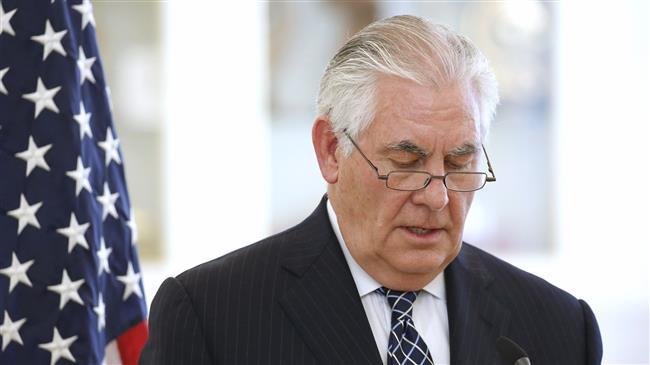
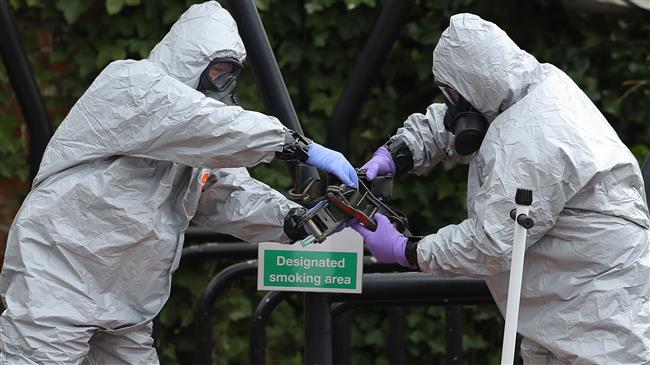
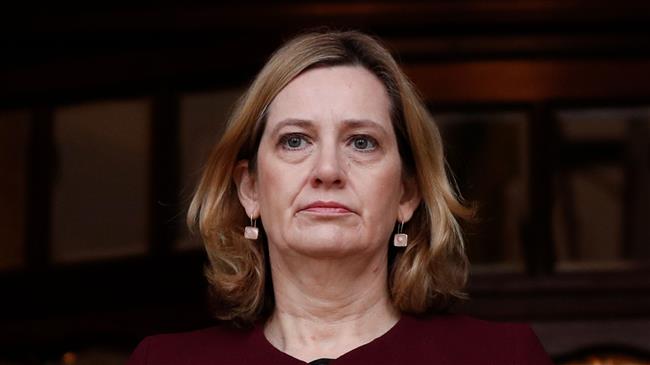

 This makes it easy to access the Press TV website
This makes it easy to access the Press TV website